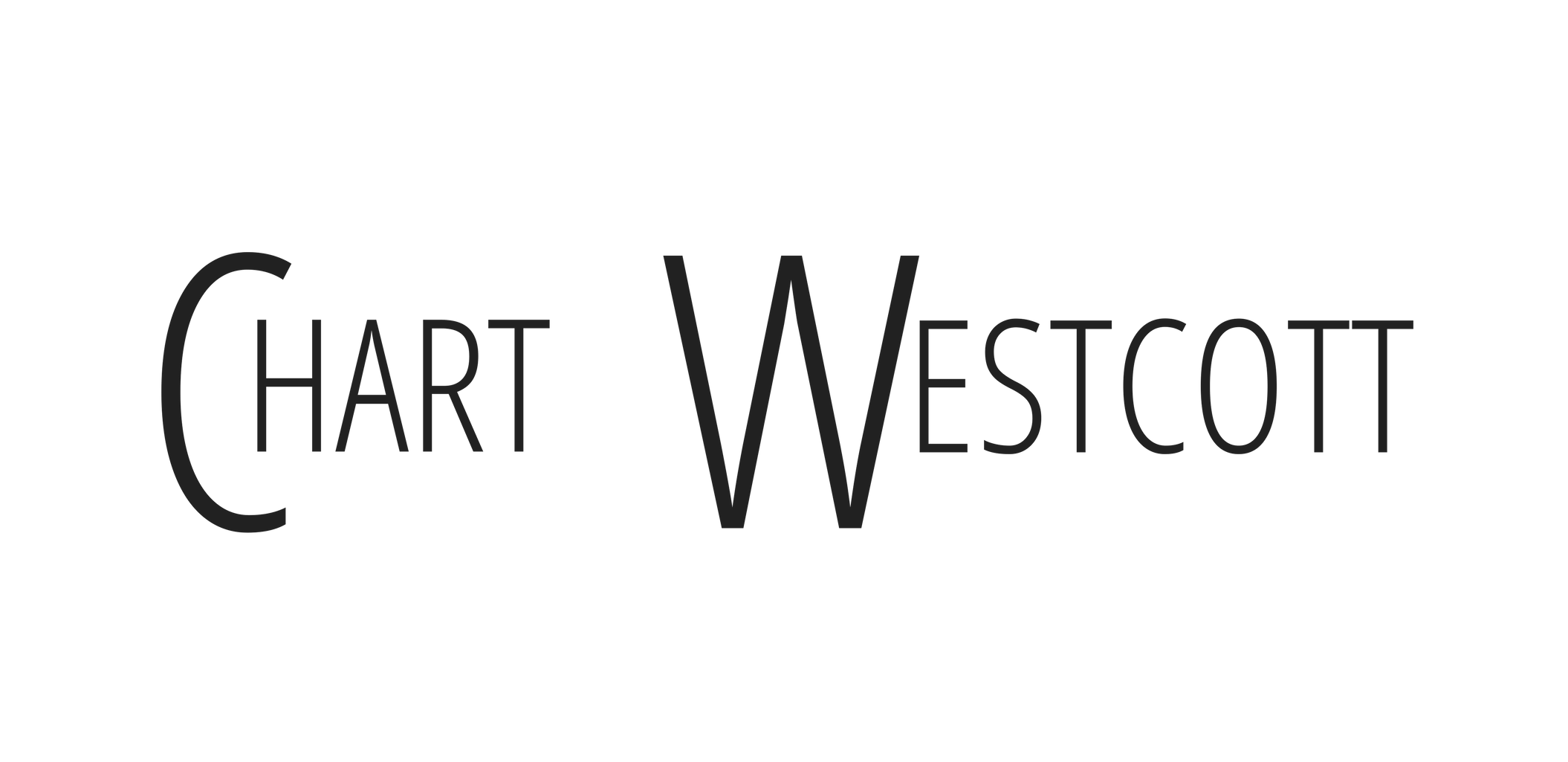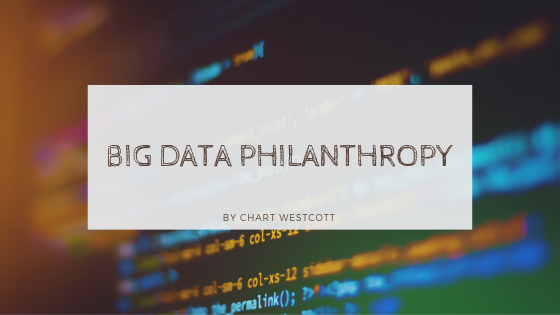With the ever-growing use of artificial intelligence in technology, data collection is widespread and becoming second nature. Social media and smartphone usage make data collection much easier, in turn benefitting organizations within the private sector who utilize this information for financial gain. Companies use this data to make business decisions based on spending habits, trends, and other collected insights. However, this privately owned data can be used for the greater good through donation. Data philanthropy happens when larger-known companies donate their private commercial data to benefit nonprofit or social organizations.
Donated data can provide benefit to a number of causes across many industries. Collecting data is an expensive task that requires up-to-date, advanced technology. Many nonprofits and social organizations run on donations or limited budgets that do not include big data collection, rather existing information from past resources. Data philanthropy from larger, private companies can give organizations a chance to update their bank of information with modernized information on a number of social issues.
Data philanthropy can also provide a nonprofit with the information needed to fuel creativity and innovation by giving them an inside look not normally accessible to the public. The ultimate goal of the newly gained knowledge is to use it to solve social issues, like city development, disease tracking, and employment rate, to name a few. The possibilities are practically endless with the power of new knowledge.
The for-profit provider donating the data will also reap benefits from giving nonprofits and social institutions access to their private commercial data. To start with, they gain a feeling of altruism by providing invaluable resources to benefit the greater good. Goodwill comes hand in hand with a boost to the business as well. News of data philanthropy travels quickly and can highlight the generosity of a for-profit company. It can solidify their dedication to social betterment.
Additionally, the data provider can set their own limits as to what they feel is appropriate for the amount of data that they share. They have full control over their private acquired data and therefore can choose the level of publicity of this. The provider also gets to be involved in the growth of this philanthropic outlet.
Big data donation is beneficial for all parties involved and may very well be the newest form of philanthropic justice.

